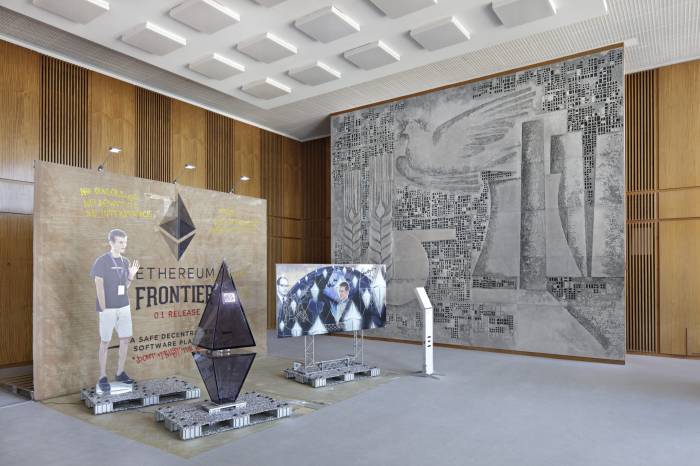But what do we really know about the collection of our ‘Big Data’, internet trolling, crypto-currencies such as bitcoin, and the far-reaching presence and influence of algorithms and artificial intelligence? A paradoxical context has arisen in which it is difficult to distinguish between fact and fiction. To highlight this inability to differentiate, this exhibition is built around conspiracy theories. Conspiracy thinking has become commonplace and is no longer the preserve of groups on the peripheries of society.
Digital Dilemma combines art, design, and architecture projects that attempt to provide a nuanced picture of the questions surrounding the technological ecologies influencing and shaping our daily lives – from smart refrigerators to urban facial-recognition surveillance, from the influence of self-driving car to the geopolitical implications of the new 5G Silk Road.

